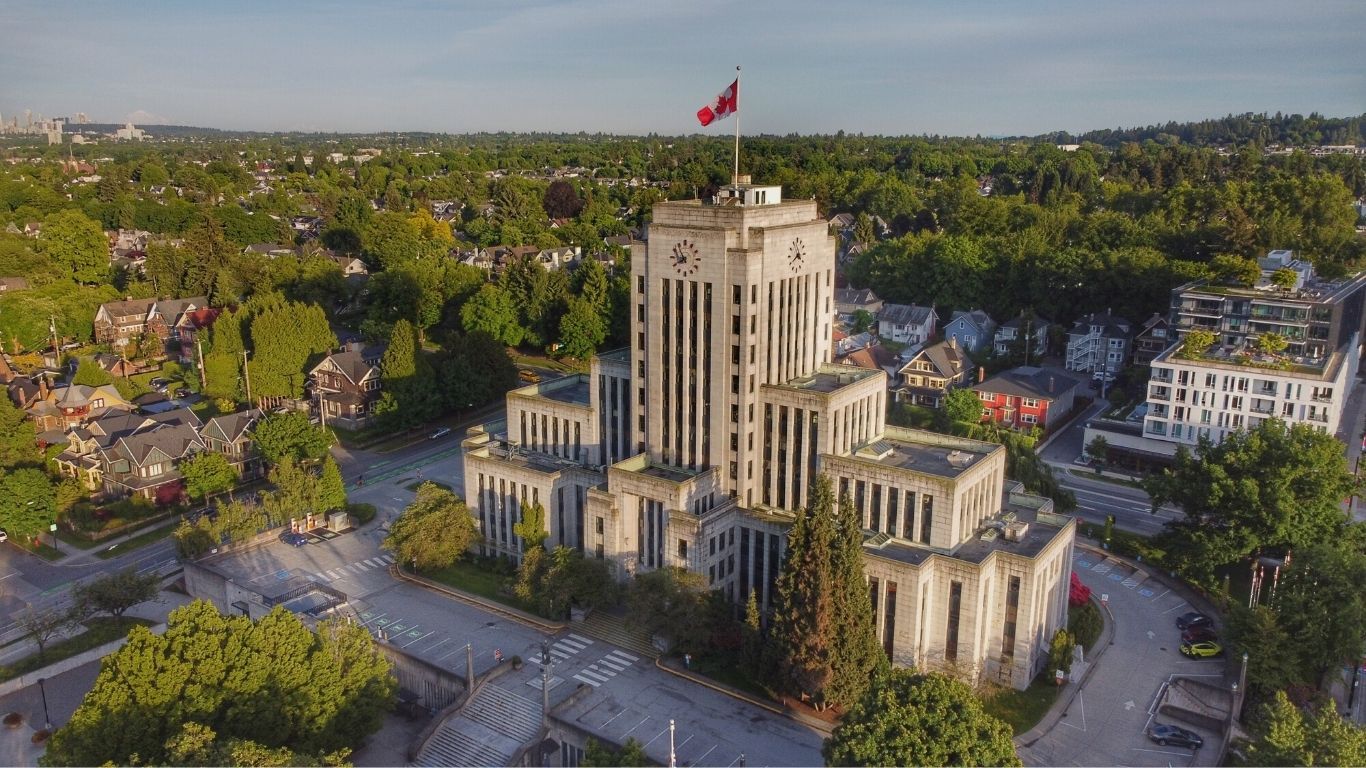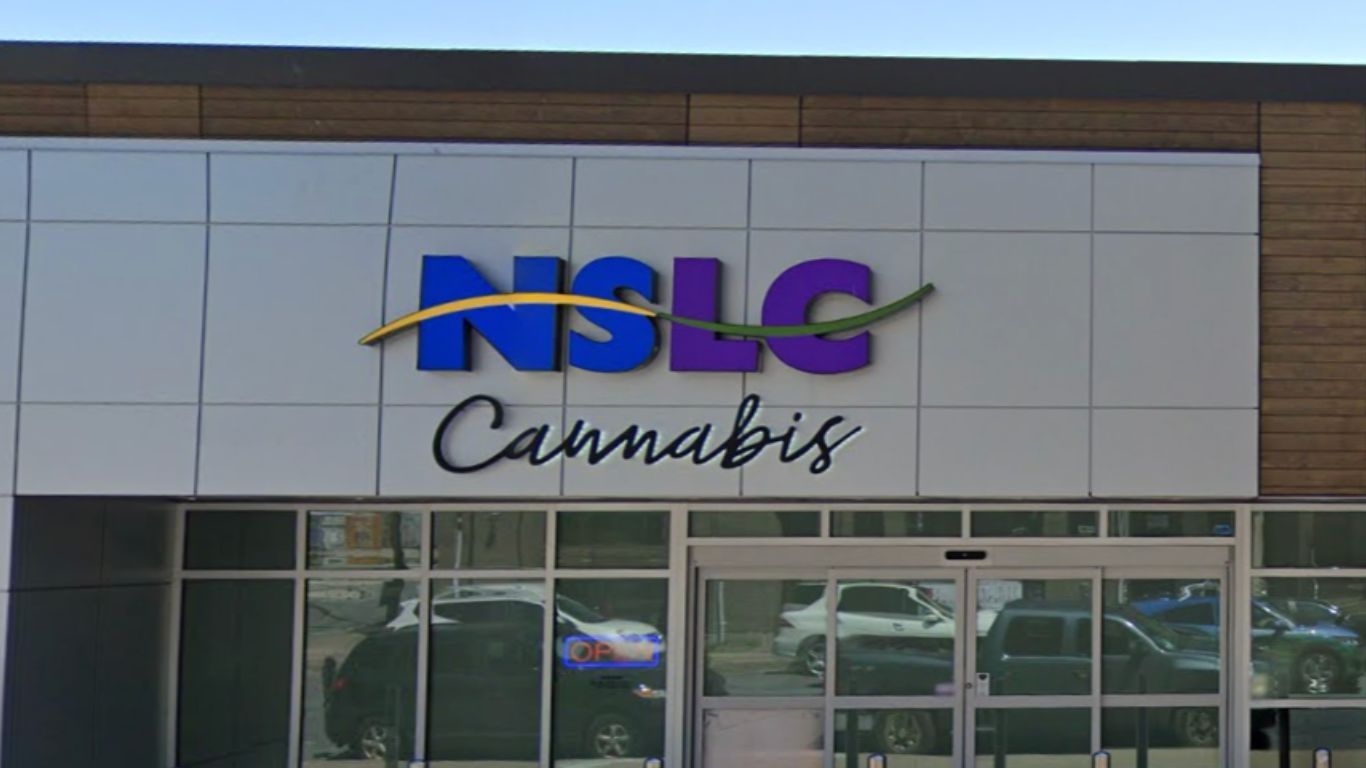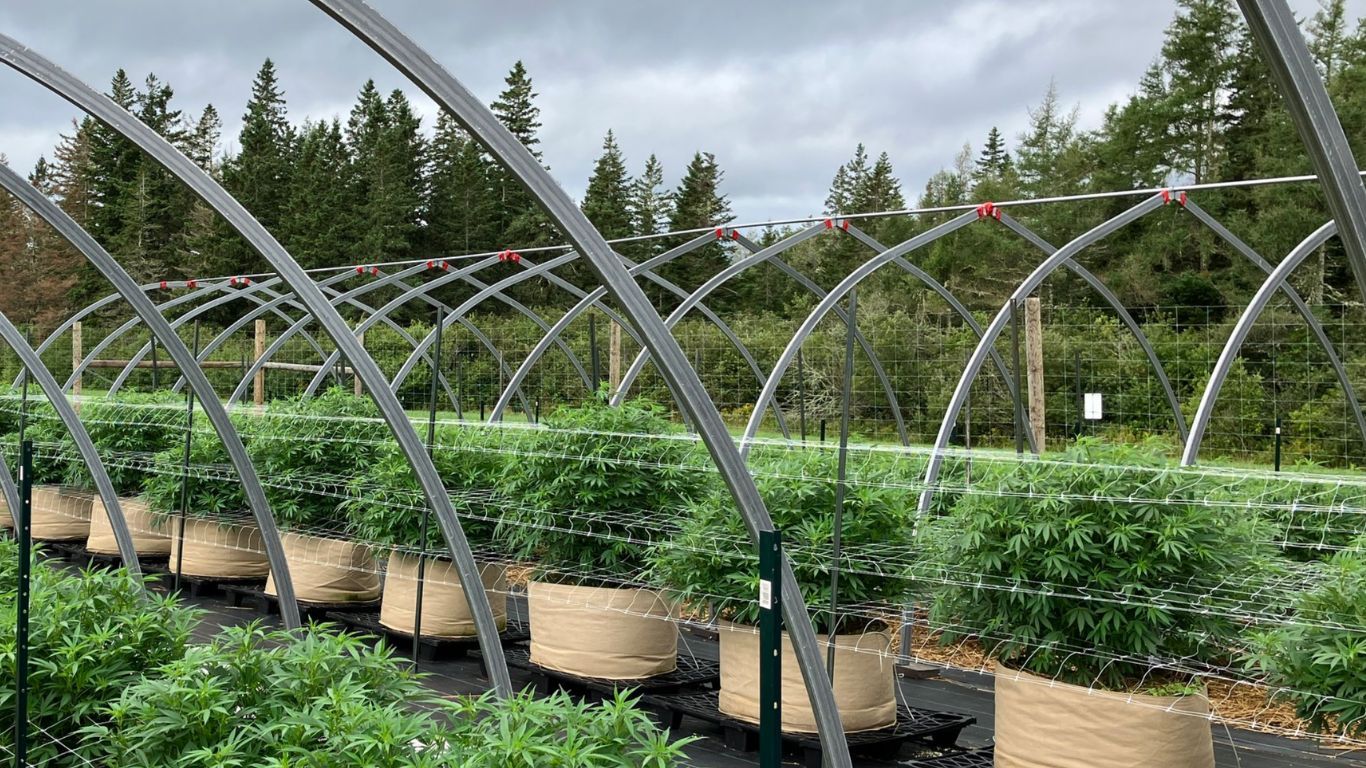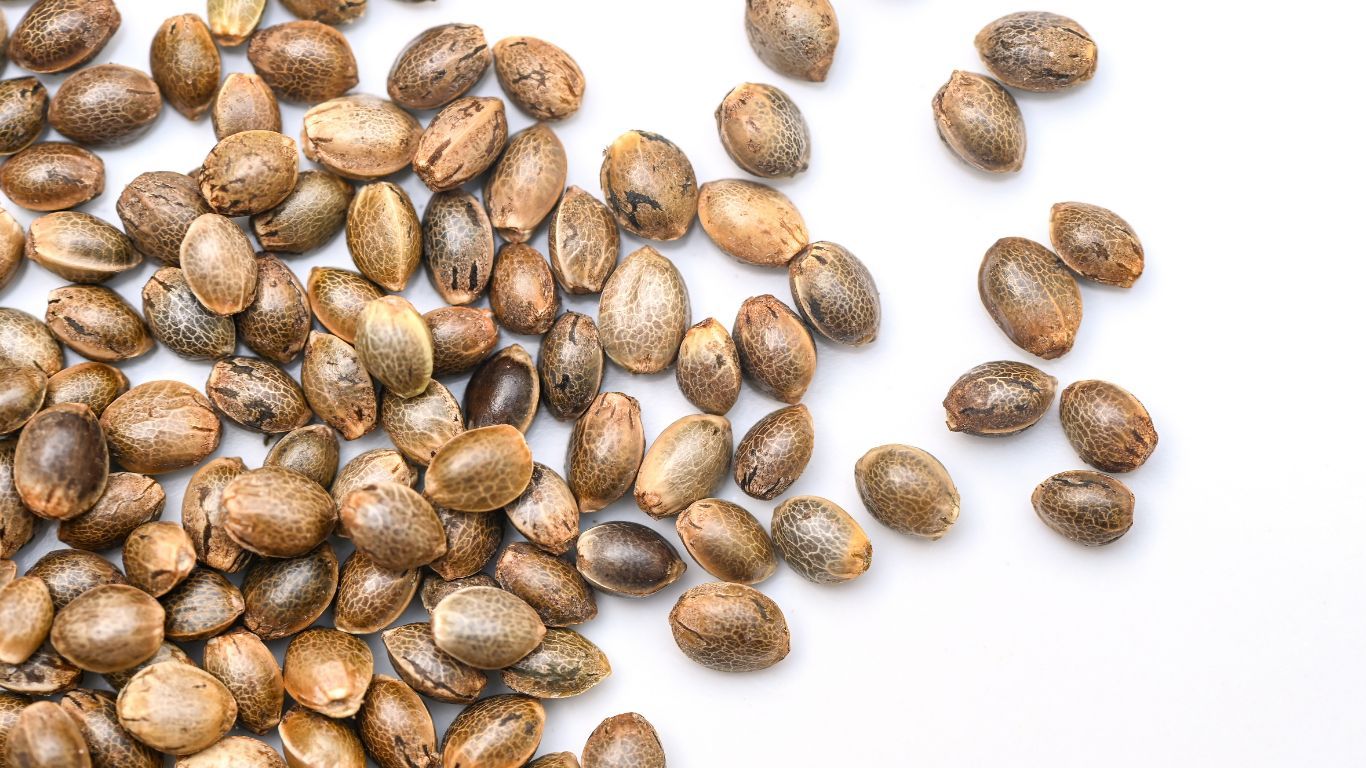
A Vancouver City Councillor is seeking to reduce the city’s licensing fee for cannabis retailers, to better align them with licensing fees for other retailers.
Councillor Rebecca Bligh introduced the motion this week, expected to be discussed as early as February 9. She says she would like city staff to prepare an alternate fee structure that lowers the license fee and will support growth in the legal cannabis industry in Vancouver.
The motion points out that Vancouver’s municipal business license for cannabis retailers is $33,958 on top of provincial retail licence fees which includes a $7,500 application fee, a $1,500 first-year license fee, a $1,500 annual renewal fee, and a non refundable security screening renewal fee.
After months of speaking with cannabis retail owners and advocates in the industry, as well as our city staff, it’s clear to me that the extremely high license fee is a significant barrier to legal cannabis retail.
Councillor Rebecca Bligh, City of Vancouver
In comparison, the liquor retail store fee in Vancouver is only $429.00 and the maximum fee for a standard hours liquor establishment is $3,219. The next highest retail dealer fee is $4,595 for a 50,000 sq ft premises; a Class-2 Casino license fee and the license fee for a Horse Racing Exhibition are both $13,464; the Pacific National Exhibition annual license fee is $18,856; and the maximum fee for an extended hours liquor establishment is $23,525.
Councillor’s Bligh’s motion also points out that the municipal business license fee for cannabis in other areas of BC are much lower than Vancouver. Victoria requires a $5,000 business license fee and a $7,500 rezoning fee, while Kelowna requires a $1,000 non-refundable application fee, a $9,495 rezoning fee and an annual $9,645 business licensing fee. In Calgary the total municipal licensing fees are $376, in addition to provincial licensing requirements.
The Councillor says she has been working on this motion for some time, hearing from retailers and other industry representatives who find Vancouver’s very high licensing fees to be a real impediment to entering and succeeding in the legal market.
I think the fee should be a just fee. It should be based on cost recovery.
Ehren Richardson, Sunrise Cannabis
“After months of speaking with cannabis retail owners and advocates in the industry, as well as our city staff, it’s clear to me that the extremely high license fee is a significant barrier to legal cannabis retail,” says Bligh. “It’s hurting the legal businesses while illegal stores continue to operate. I think that it’s reasonable at this stage to ask staff to go and do the work that is required to clearly outline the rationale for the fee and if there are opportunities to lower the fee—which I am confident that they will come back with–that we need to do so right away.”
“We’re working with a framework that was developed pre-legalization and we need to update it and modernize it to what we’ve learned in the last two years and make it more fair for cannabis retail owners to operate in the city of Vancouver”, continues the city councillor.
I have two illegal shops within walking distance of my shop here in Vancouver. They get raided here and there and they’re open again the same day.
EHREN RICHARDSON, SUNRISE CANNABIS
Ehren Richardson, one of the owners of Sunrise Cannabis on Kingsway, was one of many in Vancouver who worked with Bligh on the motion and hopes to see the city quickly adopt it. Although Sunrise Cannabis is already licensed and has already paid the fee, he says it’s still a needed change for any others coming into the market.
“We’ve always welcomed market competition,” says Richardson. “It’s taken a little while to get to this point and Councilor Bligh has been very helpful. I believe she understands the hardships small businesses are enduring. If you just compare licenses for various businesses, it’s outrageous what we’re paying.”
“I think the fee should be a just fee. It should be based on cost recovery. The city is saying… this is an issue that is related to the fact that they’re not getting any revenue sharing from the taxes that the province is receiving. Well, that has nothing to do with the business licence. The business licence is a cost recovery issue, and you can’t tell me that it’s costing the city this much to facilitate the business licence for cannabis retailers in the city.”
In addition to the extensive regulatory fees in BC and Vancouver, Richardson also says the lack of enforcement against illicit retailers in the city is another frustration. Although he’s not openly calling for arrests or raids, as someone who was operating in the legacy space prior to legalization—and chose to close down in 2019 on the advice of the province’s Community Safety Unit (CSU)—Richardson says he finds the ease at which so many unlicensed retailers continue to operate a strange contradiction given the city and province’s supposed goals in seeing a successful legal market.
“In 2019, the CSU came in heavy and said you should consider how much you want to transition because if you keep this up you put that in jeopardy, so we shut it down,” explains Richardson. “We waited a year and a half to get our licence. And now we’re open and there’s still illegal stores operating. It’s crazy.”
“Something is wrong in this picture. I don’t know what it is, but there’s definitely something wrong (inside the CSU). I don’t understand how we’re almost two and a half years into legalization and I have two illegal shops within walking distance of my shop here in Vancouver. They get raided here and there and they’re open again the same day.”
Councillor Bligh agrees that there is an apparent issue with a lack of consistent enforcement.
“It is very clear that we have a process issue and an enforcement issue here and we share the role of enforcement with the CSU which is under the province, but there really is almost no enforcement that I can see happening, effectively any ways,” she says.











